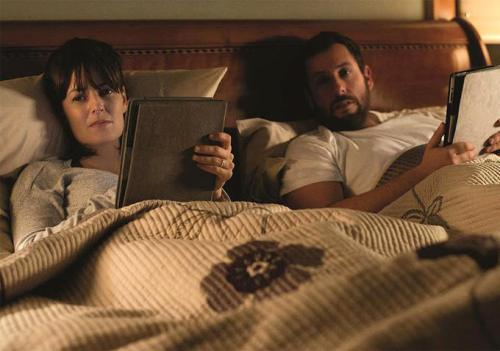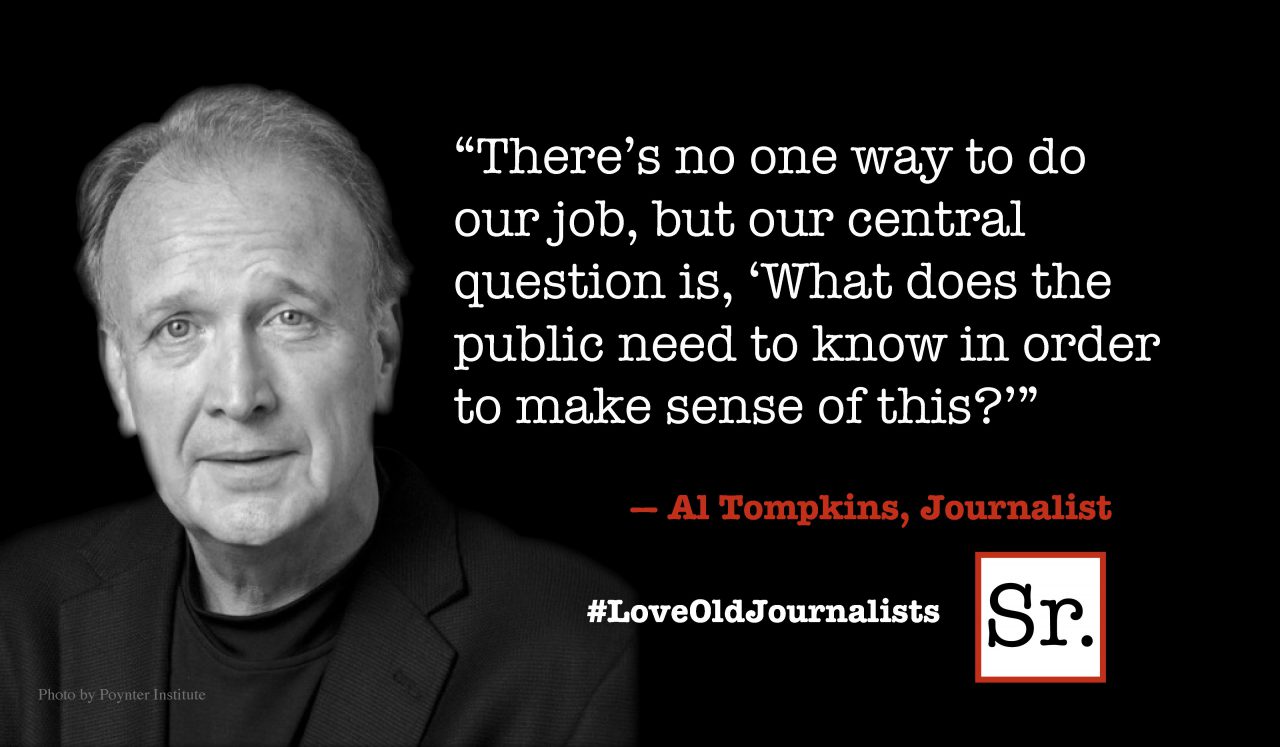“Men, Women & Children” is a how-we-live-now movie, an attempt to capture the contemporary zeitgeist through multiple characters and several interlocking plot threads.
The late Robert Altman made how-we-live-now movies quite naturally (“Nashville,” “Short Cuts,” “A Wedding”). One of the best examples of the genre is Todd Solondz’s dark and bitterly funny “Happiness” (1998). Nicole Holofcener (“Friends with Money,” “Please Give”) is our current master of the form.
In “Men, Women & Children” writer/director Jason Reitman (“Juno,” “Up in the Air,” “Young Adult”) tackles the contemporary family. The usual suspects are on hand: a suburban couple whose sex lives have hit a dead end, children trying to keep secrets from their parents, the young virgin misused by an older boy, first love, adults with toxic ambitions for their offspring.
Reitman attempts to tie all these loose ends together by stressing how instant internet access, smart phones, video games and other elements of our immersive electronic world have — far from bringing us together– isolated us, each in his own cocoon of “connectivity.”
He is only partly successful.
The film features a flabbergastingly deep cast. Adam Sandler (in non-comic mode) and Rosemarie DeWitt are Don and Helen, marrieds who have become bored with each other. He cruises internet porn and escort sites; she joins an online service for wives in search of sexual release.
Their son Chris (Travis Trope) is addicted to online sado-masochism and can’t quite function even when his school’s prettiest cheerleader, Hannah (Olivia Crocicchia), expresses an interest in a hook-up.
Hannah is determined to turn her good looks and sexuality into a career in acting or modeling (or anything else, as long as it makes her famous); she is abetted in this quest by her single mom Donna (Judy Greer), who maintains a web site for her teen daughter that is queasily inappropriate. Basically, Mom is pimping out her own kid.
The football team’s best player, Tim (Ansel Elgort) has dropped out in a haze of depression, maintaining that there’s “no point” to the game. The efforts of the school administration and his sports-focused single father (Dean Norris) to turn him around fail. Tim can find enthusiasm only for an online first-person Medieval role-playing game…that is until he meets the bookwormish Brandy (Kaitlyn Dever).
But Brandy has her own cross to bear — a mother (Jennifer Garner) so terrified of all the threats this new media poses that she obsessively monitors her daughter 24/7, turning the girl’s teenage years into a mental and emotional concentration camp.
And then there’s the formerly chubby girl (Elena Kampouris) who has gone on a crash diet, the better to attract the upperclassman (Will Peltz) she’s set her sights on. Her slow starvation goes unnoticed by her father (J.K. Simmons).
Finally, the great Emma Thompson is our unseen narrator, providing drolly humorous commentary.
The characters in “Men, Women & Children” interact less with each other than with their devices. In one bitterly amusing scene, Reitman depicts a busy shopping mall in which every individual is busily texting or net surfing on a portable device. Cartoon-like dialogue balloons over each persons illustrate what they’re watching or writing.
In fact, this visual gimmick is employed throughout the film, sometimes to comic effect (people say one thing while online they’re doing just the opposite).
But I’m not sure the film’s central premise holds up. Yes, modern communications and instant web access can eat up our time and make us less effective in interpersonal relations. But the basic issues — infidelity, adolescent angst, bad marriages, sexual awakening — have always been with us. “Men, Women & Children” doesn’t really make its case that electronic communication is at fault; at best it shows that modern technology simply complicates things.
And while the players are good (and sometimes better than that), they can’t lift the picture out of the swampy dourness with which Reitman has imbued it. There’s precious little joy here, not for the characters, certainly, but not for the viewer, either.









